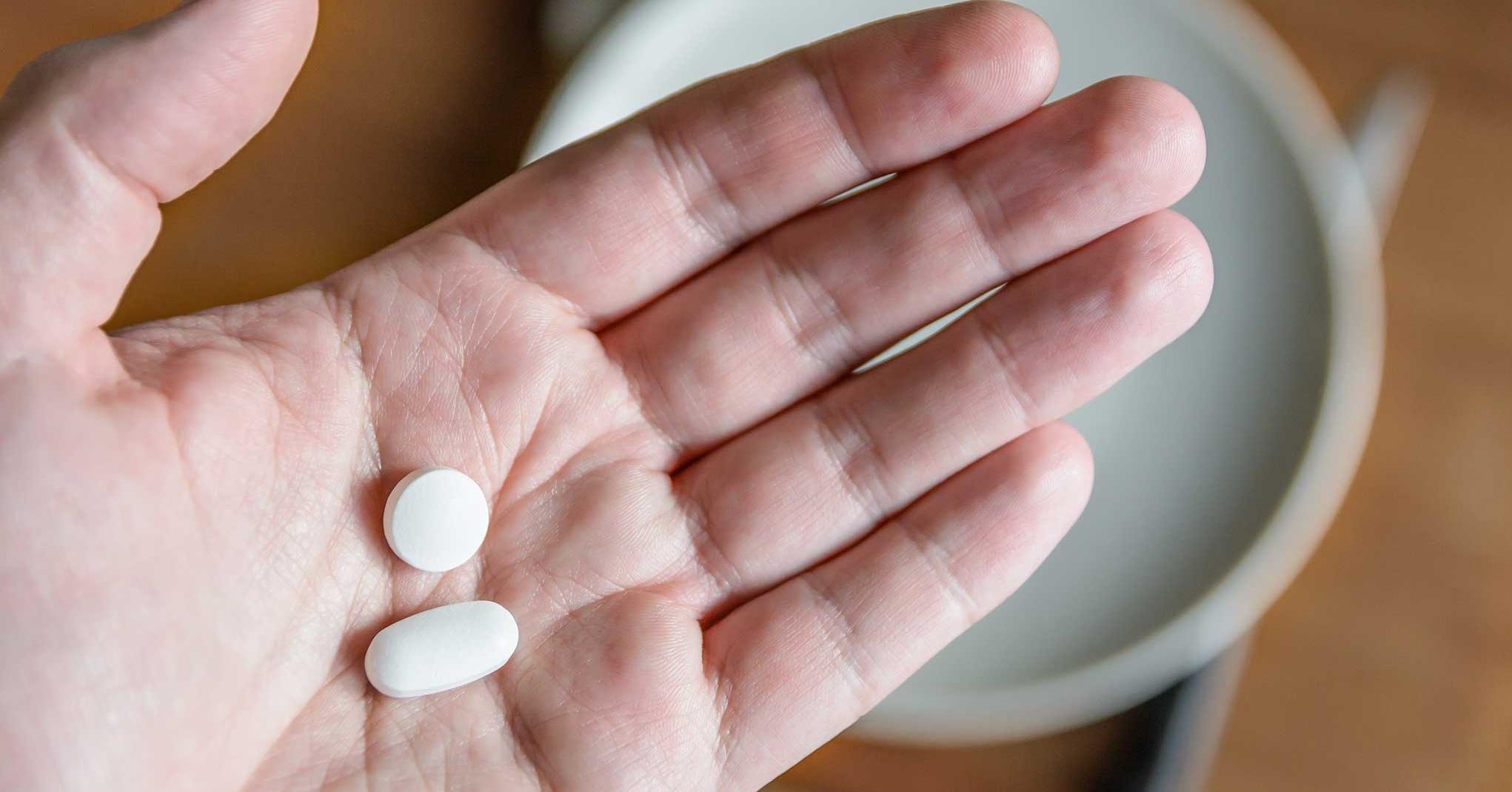Doxycycline is an antibiotic used to treat many kinds of bacterial infections. However, alcohol-doxycycline mixture can cause health issues. Despite doxycycline being known for treating various diseases, ingesting alcohol can make the situation even worse.
Knowing the repercussions of mixing such medications is a prerequisite for treatment efficiency and safety. This article explores the complexities of mixing doxycycline and alcohol, the associated risks, the potential side effects, and helpful tips for managing this situation.
What is Doxycycline
Doxycycline is a drug from a group of antibiotics called tetracyclines. It blocks bacterial protein synthesis so bacteria cannot multiply and spread in the body. Doxycycline can inhibit both aerobes and anaerobes pathogens, so it is widely used to treat various respiratory and urinary tract infections and sexually transmitted diseases.
The Impact of Alcohol
When consumed, alcohol goes through the metabolic process that mainly takes place in the liver. This metabolic process may also interfere with the metabolism of some drugs, including doxycycline. Here is what you need to know about mixing doxycycline and alcohol.
Reduces Effectiveness and Worsens Side Effects.
The ingestion of alcohol can affect the absorption of doxycycline in the gastrointestinal system, ultimately leading to a decrease in the drug’s effectiveness. So, to get good treatment results, one must not consume alcohol while taking doxycycline.
Both doxycycline and alcohol can cause gastrointestinal disorders, including nausea, vomiting, and abdominal pain. Mixing the two substances may exacerbate these side effects to the point where a patient experiences discomfort, which, in turn, could affect the patient’s adherence to the treatment.
Causes Liver Health Issues and Affects the Central Nervous System
Both doxycycline and alcohol are metabolized in the liver. When many drugs are taken simultaneously, they may raise the workload on the liver, leading to liver damage or toxicity. Patients who already have liver problems should consult healthcare professionals before using these substances together.
Doxycycline and alcohol both act on the central nervous system. They may exacerbate side effects like dizziness, drowsiness, or poor coordination. The combination of two can also affect cognitive and physical abilities, which is a reason for great concern.
Increases Photosensitivity and Exacerbates Underlying Medical Conditions
Doxycycline may make your skin more sensitive to sunlight, thus increasing the risk of sunburns or other skin reactions. Prolonged alcohol intake can also aggravate the risk of skin reactions, making normal sun exposure more risky.
Some medical conditions, particularly liver disease or gastrointestinal disorders, may be worsened when a patient mixes doxycycline with alcohol. Always seek advice from a healthcare professional to discuss your individual health condition.
Alcohol Impairs Judgment
Alcohol intoxication tends to impair judgment and decrease one’s ability to follow treatment plans correctly. The prescription dosage schedule for doxycycline must be strictly followed, and alcohol consumption has to be avoided while undergoing the treatment.
Summary
Doxycycline has proved to be a potent antibiotic for addressing bacterial infections. However, mixing it with alcohol is dangerous. The mixture of alcohol and doxycycline can reduce the efficacy of the drugs.
At the same time, it also increases the risk of side effects and delays the recovery of people with pre-existing health conditions. For better treatment results and safety, it is advisable not to take alcohol when using doxycycline. Call your healthcare provider to advise you about your situation.
